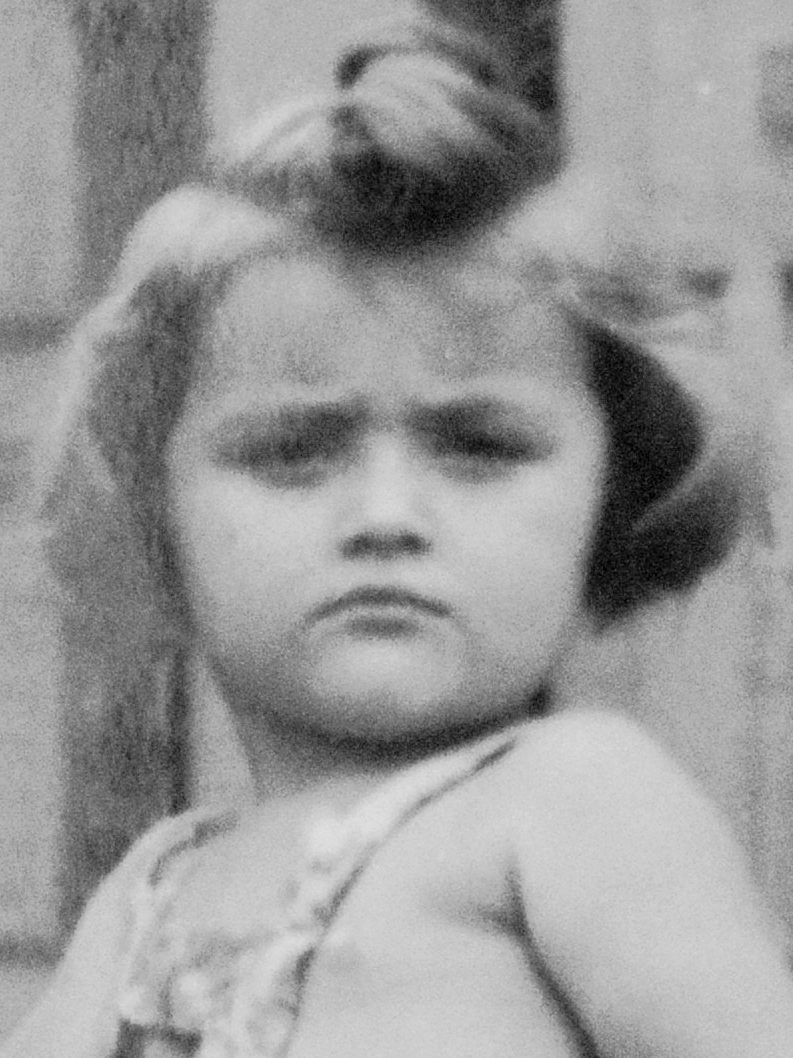It was a life many times terribly sad, but beautiful

Stáhnout obrázek
Ludmila Kantorová was born on April 30, 1941 in Vysoké Mýto. Her father František Valert was a soldier in the government army and the family lived in barracks under the supervision of German soldiers. Ludmila watched the departure of German soldiers from the barracks and the arrival of the Red Army. Her father fell ill while helping the Partisans and died at the end of the war. Ludmila moved to Olomouc with her mother and siblings. Her mother passed on the Catholic faith to her and she was taking her to a monastery, which the Communists liquidated in 1950. Their house became an asylum for priests serving in the Auxiliary Technical Battalions in Olomouc. Ludmila studied religious education and because of that she could not attend a pedagogical school. She graduated as a laboratory assistant at a medical school and since 1959 she worked at the dermatology clinic of the Olomouc University Hospital. She married Lubomír Kantor, who was, like her, a scout after the war. After the renewal of scouting in 1968, she and her husband founded the 7th Olomouc Division. In August, she participated in the Jesenice Forest School, which ended prematurely due to the invasion of Warsaw Pact troops to Czechoslovakia. Her brother, cameraman František Valert, emigrated in 1969 and she only saw him once again. After re-banning scouting in 1970, she and her husband continued to secretly scout until 1989, when they were able to break out of illegality and continue scouting. She worked at the hospital until 1997, when she retired.


























